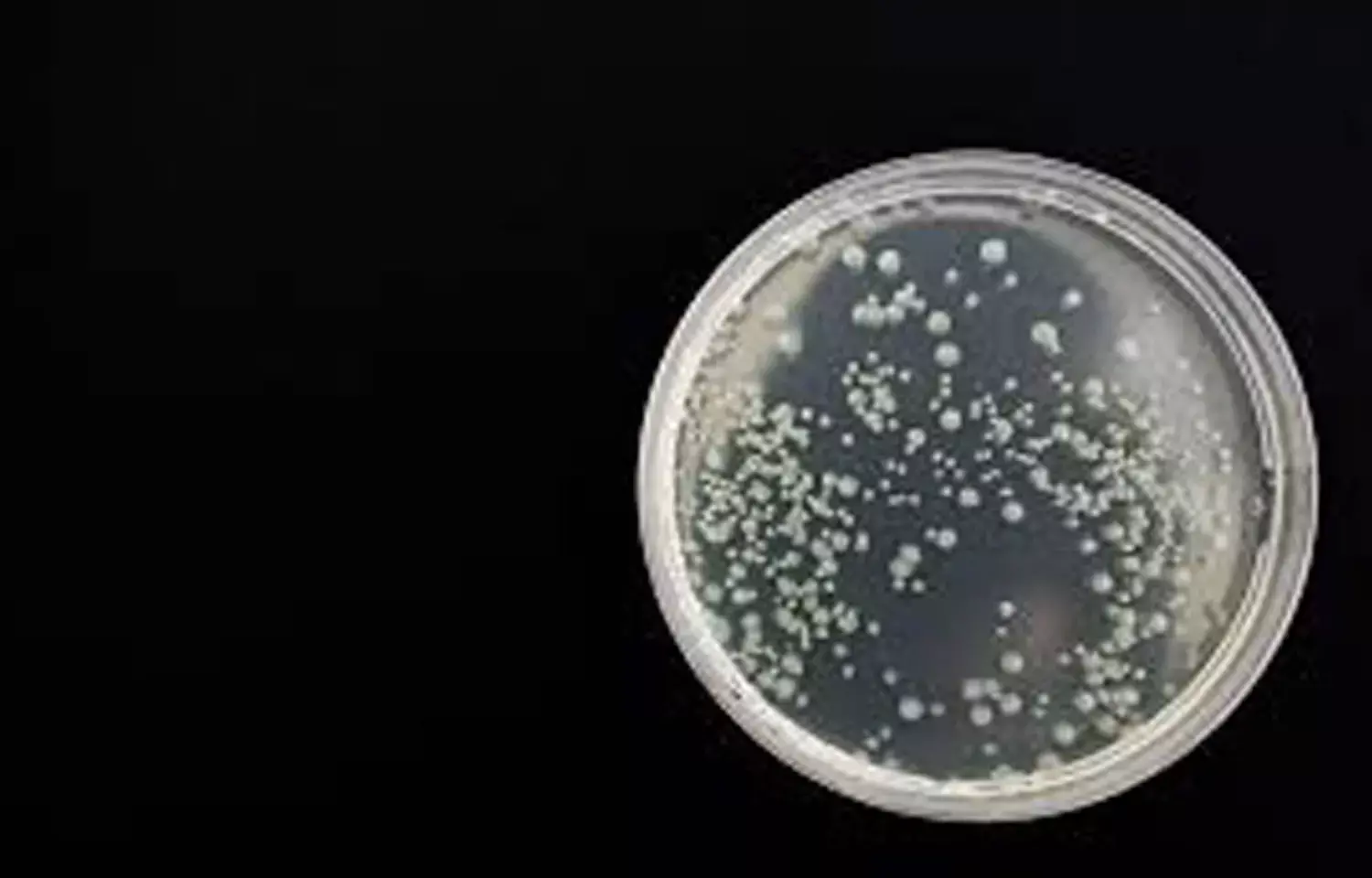- Home
- Medical news & Guidelines
- Anesthesiology
- Cardiology and CTVS
- Critical Care
- Dentistry
- Dermatology
- Diabetes and Endocrinology
- ENT
- Gastroenterology
- Medicine
- Nephrology
- Neurology
- Obstretics-Gynaecology
- Oncology
- Ophthalmology
- Orthopaedics
- Pediatrics-Neonatology
- Psychiatry
- Pulmonology
- Radiology
- Surgery
- Urology
- Laboratory Medicine
- Diet
- Nursing
- Paramedical
- Physiotherapy
- Health news
- Fact Check
- Bone Health Fact Check
- Brain Health Fact Check
- Cancer Related Fact Check
- Child Care Fact Check
- Dental and oral health fact check
- Diabetes and metabolic health fact check
- Diet and Nutrition Fact Check
- Eye and ENT Care Fact Check
- Fitness fact check
- Gut health fact check
- Heart health fact check
- Kidney health fact check
- Medical education fact check
- Men's health fact check
- Respiratory fact check
- Skin and hair care fact check
- Vaccine and Immunization fact check
- Women's health fact check
- AYUSH
- State News
- Andaman and Nicobar Islands
- Andhra Pradesh
- Arunachal Pradesh
- Assam
- Bihar
- Chandigarh
- Chattisgarh
- Dadra and Nagar Haveli
- Daman and Diu
- Delhi
- Goa
- Gujarat
- Haryana
- Himachal Pradesh
- Jammu & Kashmir
- Jharkhand
- Karnataka
- Kerala
- Ladakh
- Lakshadweep
- Madhya Pradesh
- Maharashtra
- Manipur
- Meghalaya
- Mizoram
- Nagaland
- Odisha
- Puducherry
- Punjab
- Rajasthan
- Sikkim
- Tamil Nadu
- Telangana
- Tripura
- Uttar Pradesh
- Uttrakhand
- West Bengal
- Medical Education
- Industry
Bartonella infection tied to psychiatric symptoms and skin lesions: Study

Bartonella bacteria are increasingly recognized as an emerging infectious disease threat.
Researchers at North Carolina State University have found additional instances of Bartonella infection in humans who exhibited neuropsychiatric symptoms, a subset of whom also had skin lesions. This research adds to the body of evidence that not only can Bartonella infection mimic a spectrum of chronic illnesses - including mental illness - but also that dermatological symptoms may accompany infection.
Bartonella henselae is a bacterium historically associated with cat-scratch disease, which until recently was thought to be a short-lived (or self-limiting) infection. There are at least 30 different known Bartonella species, of which 13 have been found to infect humans. Improved methods for detecting Bartonella infection in animals and humans - it is notorious for "hiding" in the linings of blood vessels and potentially the skin - has led to the diagnosis of bartonelloses in patients with a host of chronic illnesses.
In 2019, Dr. Edward Breitschwerdt, Melanie S. Steele Distinguished Professor of Internal Medicine at NC State, published a case study involving an adolescent boy diagnosed with rapid onset schizophrenia, who had accompanying skin lesions. After Breitschwerdt's research group documented Bartonella henselae infection, the patient received antimicrobial therapy and all neuropsychiatric symptoms resolved.
The new study is a follow-up to the 2019 work and is published in the journal Pathogens. Thirty-three participants suffering from neuropsychiatric symptoms ranging from sleep disorders and migraines to depression and anxiety enrolled in the study. Twenty-nine of 33 participants were found to have Bartonella infections based upon serology and enrichment blood culture polymerase chain reaction (PCR) testing. Twenty-four of the 29 Bartonella-positive participants (83%) reported the appearance of skin lesions during their illness.
Skin lesions ranged from cutaneous eruptions to red, irregular linear lesions randomly located on various parts of the patient's body. Many of these lesions resembled striae distensae (stretch marks); however, typical risk factors for striae distensae, such as body building activities, obesity, pregnancy, prednisone treatment and other known disease associations, were either infrequently or not reported by study participants.
"This research, a follow-up to our initial case report of Pediatric Acute-Onset Neuropsychiatric Syndrome (PANS), was initiated to further investigate a possible association between neuropsychiatric illness, skin lesions and a bacterial infection of emerging biomedical importance," Breitschwerdt says. "We hope that this research will enable physicians to suspect connections between disparate symptoms involving the nervous system and skin that could be associated with an underlying bacterial cause."
https://www.mdpi.com/2076-0817/9/12/1023
Hina Zahid Joined Medical Dialogue in 2017 with a passion to work as a Reporter. She coordinates with various national and international journals and association and covers all the stories related to Medical guidelines, Medical Journals, rare medical surgeries as well as all the updates in the medical field. Email: editorial@medicaldialogues.in. Contact no. 011-43720751
Dr Kamal Kant Kohli-MBBS, DTCD- a chest specialist with more than 30 years of practice and a flair for writing clinical articles, Dr Kamal Kant Kohli joined Medical Dialogues as a Chief Editor of Medical News. Besides writing articles, as an editor, he proofreads and verifies all the medical content published on Medical Dialogues including those coming from journals, studies,medical conferences,guidelines etc. Email: drkohli@medicaldialogues.in. Contact no. 011-43720751


